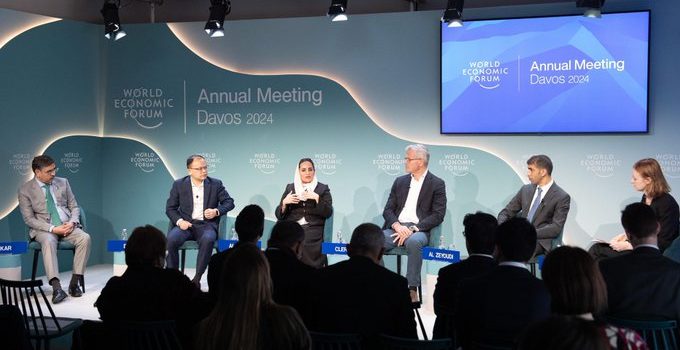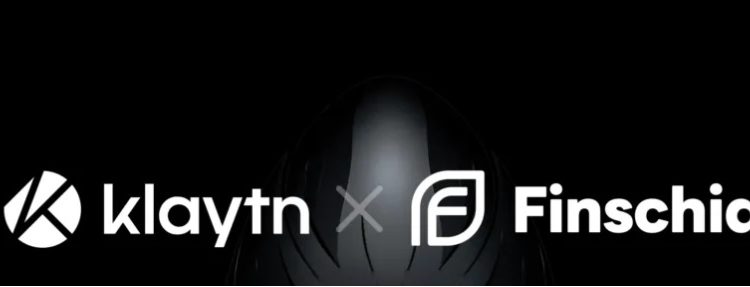
Slowly but surely, the DIFC (Dubai International Financial Center) innovation hub has been welcoming Web3, Blockchain, AI entities and investor companies into their ecosystem. The DIFC Innovation Hub aims to have 500 entities by 2028.
So far they have welcomed in a dozen or more startups and investor partners. Most recently AI and Blockchain Company Mentat Technologies joined the AI &Web3 Campus. In November Mentat announced that it will develop an open source SAP connector and Enablement API to the Algorand blockchain.
Another company that has recently joined is Kodin Soft, which develops high tech software solution. The company is working on several projects including TELESCOPELIVE which empowers astrophotography and remote imaging allowing space enthusiasts to experience the night sky like never before.
Even Avail, a Blockchain project spun off of Polygon in 2023 aiming to handle data storage and verification for blockchains, which launched the data attestation bridge test net to secure data off-chain has joined. The bridge connected to Ethereum, and can be used by both zero-knowledge and optimistic rollups that use Ethereum as a base layer.
Avail aims to be a solution for layer 2s and 3s to publish data off-chain, to reduce the high transaction fees that often come from posting data on the main Ethereum blockchain.
Other companies joining include HoloFair, a metaverse platform. HoloFair facilitates seamless integration of gamification, e-commerce, and interactive elements, ensuring an immersive and data-rich metaverse experience.
Even AI startup Zarqa, incubated by SingularityNET, and specializing in Neural Symbolic Large Language Models (#LLMs) has come on board.. Leveraging engineering expertise, Zarqa pioneers the next generation of LLMs with scaled neural-symbolic AI, reflecting technical innovation and steadfast leadership.
CyberNet AI also joined the Dubai AI & Web3 Campus. Cybernet pioneers virtual voice robot services through a seamless SaaS model, featuring AIDOS, an Artificial Intelligence Dialog Operating System. Offering versatile applications in debt collection, NPS surveys, and telemarketing, Cybernet’s solution boasts an impressive 82% collection efficiency while reducing operational costs by 1.5 times.
Then there are the incubators and investors that have joined the AI Web3 campus at DIFC Innovation Hub. Metafour Labs has come in dedicated to elevating early-stage tech ventures specializing in blockchain, and Web3. The company provides strategic advisory services for successful launches and scaling.
Ibtikar a business consultancy firm for Web3 joined. While DIFC Innovation Hub and AI Web3 campus partnered with Middle East Venture Partners (MEVP), MENA venture capital firm dedicated to supporting innovative tech companies in the Middle East.
In addition to those mentioned above many other entities have joined the Web3 AI Campus as DIFC issues commercial licenses at 90% subsidies. DIFC aims towards having a vibrant ecosystem of DLT, AI, and Web3 entities.
According to DIFC, “The initiative aims to propel Dubai’s journey towards becoming a digital society, fostering collaboration, innovation, and global talent attraction.”
The AI and Web 3.0 Campus aspires to become the MENA region’s largest hub for AI and Web3 companies. With a goal of hosting over 500 high-tech companies by 2028, it envisions bringing in $300 million in funds and creating over 3,000 jobs within five years.
Mohammad Alblooshi, CEO of the DIFC Innovation Hub , states that these licenses will elevate Dubai’s position as a preferred destination for tech-focused companies, driving world-class talent and diversified investments to the region.
Maybe this is why South Korean game developer, Wemade, and UAE DIFC Innovation Hub partnered to build WEMIX Play web3 gaming community to support Dubai Program for Gaming 2033.

















